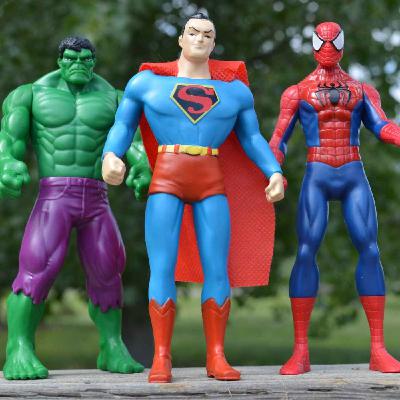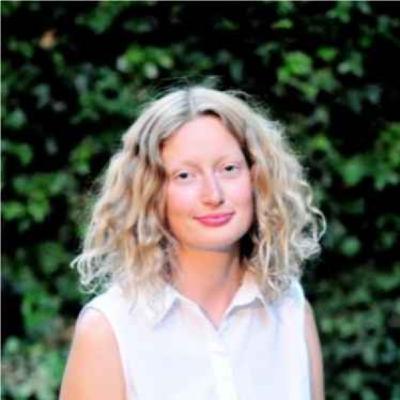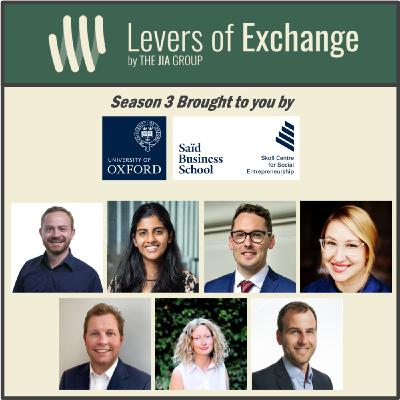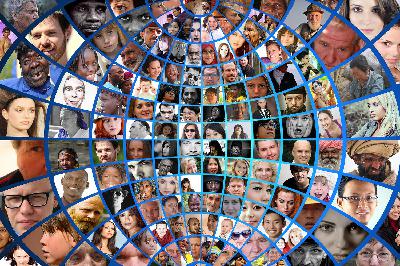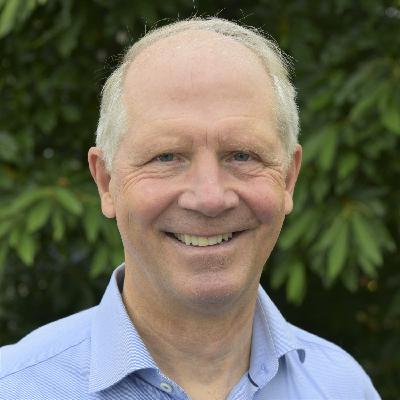Personal Resilience. Vision. Listening, and a sense of curiosity. These were the skills that our Season 3 guests recommended students and early career professionals learn today if they want to enter the sustainability sector. Our guests spanned across telecom, water, finance, maritime, electric utilities and cultural systems. I was curious, are the skills to succeed the same or different? I asked every guest, what skill they would advise a student or early professional to learn. The answers were very revealing.Natalia Pshenichnaya, the former Head of Programmes at the GSMA Foundation tied personal resilience to how this deeper inner awareness keeps the person grounded in what's important to them. Joaquin Viquez, a water consultant for the German Development Agency G-I-Zed, also pointed out the importance of a vision and personal passion.James Mitchell trained as a cellist before creating a career in Sustainable Finance. Now at the Rocky Mountain Institute, he pointed out that just like in a chamber music group, listening to each other, hearing each other, responding and reacting in kind with each other, is a critical skill to learn.Three of our guests, however, pointed out the power of curiosity and asking the right question, including Jeremy McDaniels, now the Senior Advisor for Sustainable Finance at the Institute of International Finance.Stuart Hilen, a Portfolio Developer at EnergyAustralia, put it differently. He considered the skills he looks for when hiring team members.Finally, Shruthi Vijayakumar summed it up beautifully. Questions invite others into our own space, to question with us.So, there you have it. Those are the skills that students and early career professionals should learn. It's not the textbook lessons that will create systems change. It's the interpersonal skills of inviting others in, of making chamber music together, that will create the new systems for everlasting change. Guests:· Stuart Hillen, EnergyAustralia, Melbourne, Australia https://www.linkedin.com/in/stuart-hillen/· Jeremy McDaniels, Institute of International Finance, Washington DC USA https://www.linkedin.com/in/jeremy-mcdaniels/· James Mitchell, Rocky Mountain Institute, London, UK https://www.linkedin.com/in/james20/· Natalia Pshenichnaya, formerly GSM Association, Berlin, Germany https://www.linkedin.com/in/natalia-pshenichnaya-7107781a/· Shruthi Vijayakumar, Education New Zealand, Auckland, New Zealand https://www.linkedin.com/in/shruthivijayakumar/· Joaquin Viquez, Deutsche Gesellschaft für Internationale Zusammenarbeit, San Jose, Costa Rica https://www.linkedin.com/in/joaquinviquez/ About Levers of Exchange:Interview by Jimmy Jia (www.jimmyjia.com)Music by Sean Hart (www.seanhart.com)Website: https://www.leversofexchange.com/Image by Juraj Varga from Pixabay Season 3 is funded by a generous grant from the Skoll Centre for Social Entrepreneurship, at the Saïd Business School, Oxford University. Hosted on Acast. See acast.com/privacy for more information.






